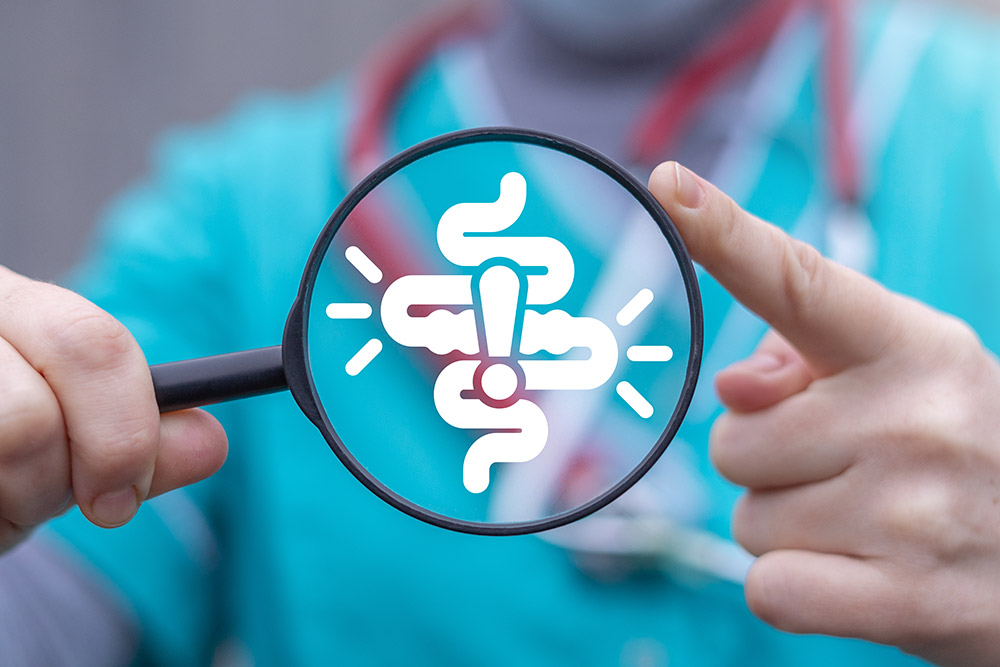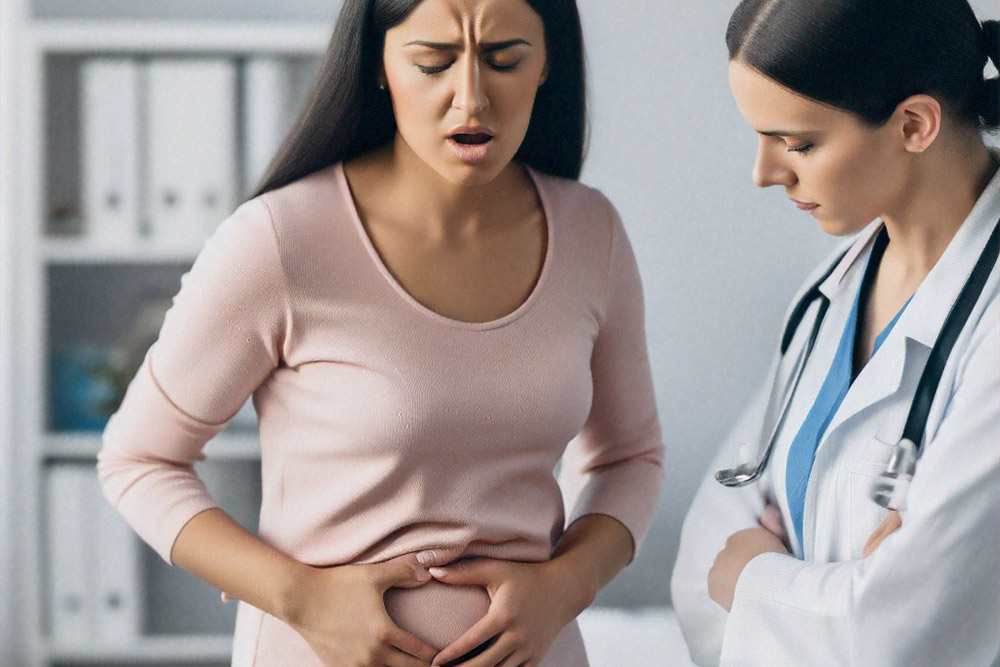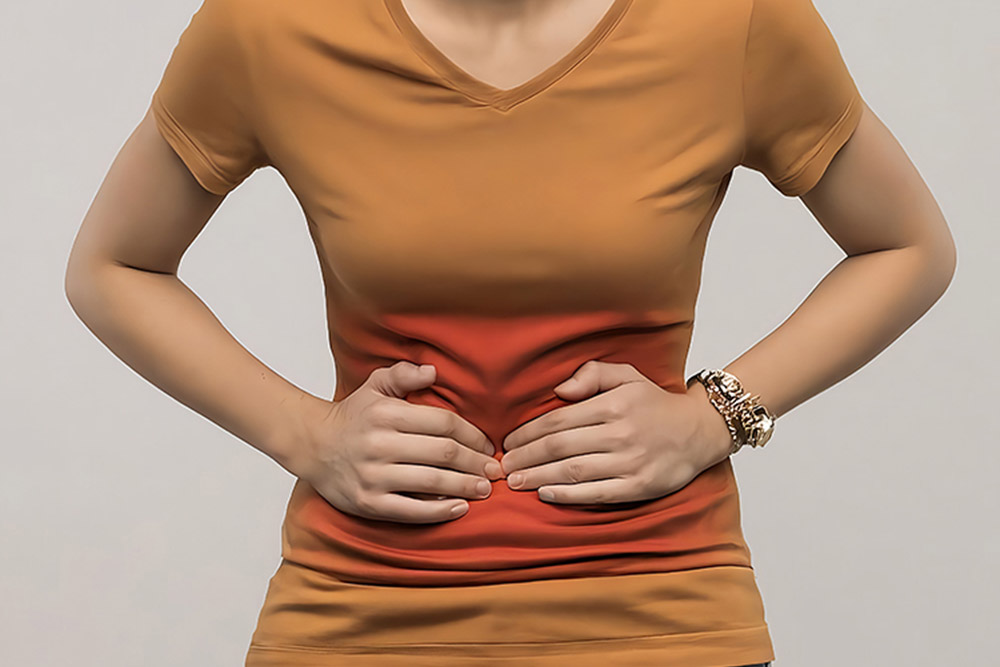What Is a Duodenal Ulcer?
A duodenal ulcer is a painful sore in the lining of the duodenum-the first segment of your small intestine-caused when stomach acid erodes its protective mucosal layer. Left untreated, it can lead to inflammation, bleeding, or perforation.
Common Causes and Risk Factors
- Helicobacter pylori (H. pylori) infection
- Frequent use of NSAIDs (ibuprofen, aspirin)
- Smoking or heavy alcohol consumption
- High stress levels
- Spicy foods and caffeine (can aggravate symptoms)
Signs and Symptoms
- Burning or gnawing pain in the upper abdomen, often between meals or at night
- Nausea or occasional vomiting
- Bloating, belching, or indigestion
- Unintended weight loss or reduced appetite
- Pain that may radiate to the back
Expert Treatment for Duodenal Ulcer by Dr. Bharat Pothuri
Dr. Pothuri uses a step-by-step approach:
Medical History and Symptom Review
He discusses your epigastric pain patterns, nighttime discomfort, NSAID or alcohol use, and other risk factors.
Physical Exam
Careful abdominal palpation checks for tenderness, bloating, or signs of guarding.
Upper Endoscopy
A thin, flexible scope with a camera is guided into the upper GI tract to visualize the duodenal lining and confirm the presence of an ulcer.
H. pylori Testing
- Breath test measures bacterial urease activity.
- Stool antigen test detects H. pylori proteins.
- Biopsy during endoscopy provides a definitive diagnosis.
Imaging and Lab Tests
Blood work checks for anemia or infection; abdominal ultrasound, CT scan, or barium study may be ordered to rule out complications like perforation.
Frequently Asked Questions
How long does a duodenal ulcer take to heal?
Most duodenal ulcers heal within 4-6 weeks when treated with the appropriate medications, diet modifications, and H. pylori eradication if needed.
What's the ICD-10 code for a duodenal ulcer?
The ICD-10 code for a duodenal ulcer without complications is K26.9. Your medical records and billing will reference this code.
Can duodenal ulcers cause back pain?
Yes. Ulcers located on the posterior wall of the duodenum can radiate pain to the back, often described as a deep, burning ache.
What should I eat during treatment?
Opt for non-spicy, low-acid foods such as bananas, melons, oatmeal, lean proteins (chicken or fish), and cooked vegetables to minimize irritation.
When should I see a doctor?
Seek medical attention if you have severe abdominal pain, persistent vomiting, black or tarry stools, dizziness, or unexplained weight loss.
Do I need an H. pylori test?
Yes. Identifying and eradicating H. pylori infection is essential for effective treatment and reduces the risk of ulcer recurrence.
Are ulcer medications safe?
Most patients tolerate proton pump inhibitors (PPIs) and H2 blockers well. Dr. Pothuri will review potential side effects and monitor you throughout therapy.












